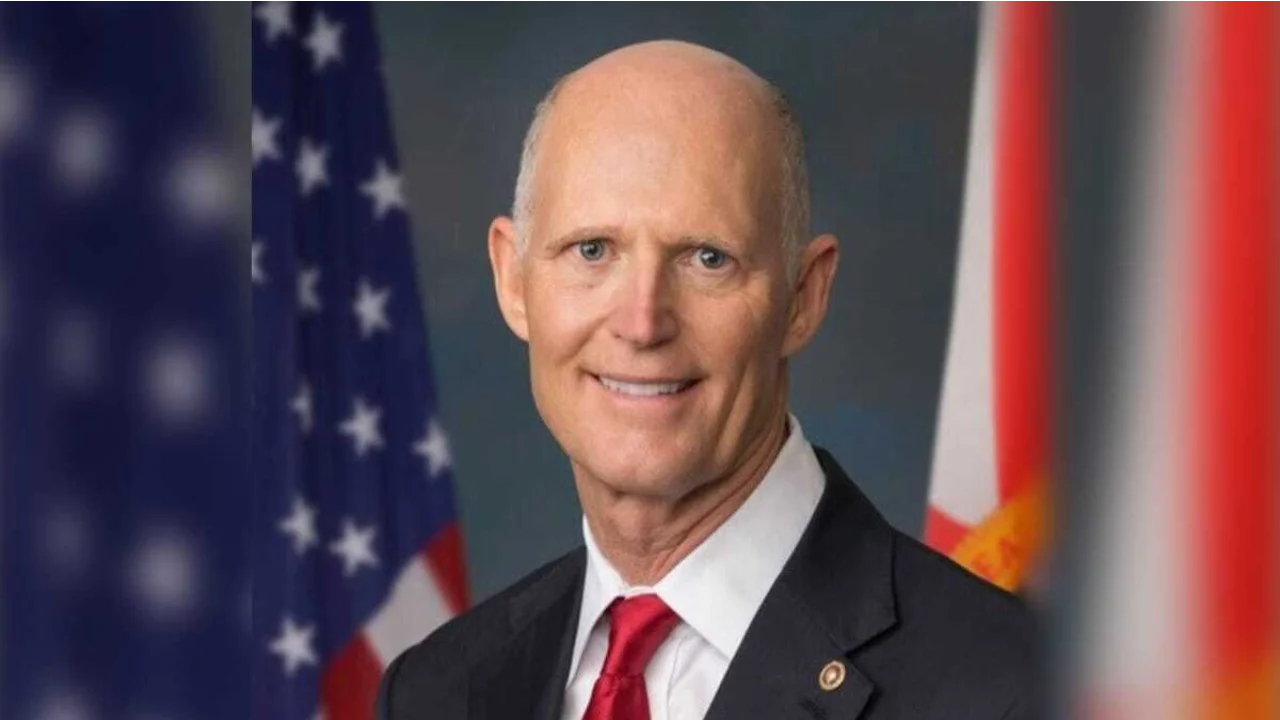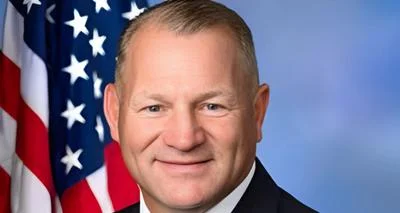Chairman Rick Scott led a hearing of the U.S. Senate Special Committee on Aging focused on the vulnerabilities in the nation’s pharmaceutical supply chain and America’s dependence on foreign-manufactured generic drugs. The hearing, titled “Bad Medicine: Closing Loopholes that Kill American Patients,” continued the committee’s efforts to examine ways to improve drug safety and boost domestic production.
Expert witnesses included Tony Sardella, founder and chair of the API Innovation Center; Tony Paquin, president and CEO of iRemedy Healthcare, Inc.; and Andrew Rechenberg, an economist at the Coalition for a Prosperous America.
Chairman Scott questioned how government agencies like the Department of Defense (DoD) and Veterans Affairs (VA) could impact domestic drug manufacturing if they prioritized buying from U.S. sources. Mr. Sardella responded, “You would transform the U.S. generic supply chain and you would also cause a force function for private markets to then also procure from U.S. manufacturers…”
Senator Moody raised concerns about transparency for consumers regarding where their medications are made. Mr. Sardella stated, “Very unlikely. There’s no transparency. This is a very interesting concept. This is an industry like any other supply chain. Any other supply chain you can look and understand where the product comes from, and where it’s sourced. Not our pharmaceuticals.”
Senator Tuberville asked what changes were needed to create fair competition for companies such as Oxford in comparison to international competitors. Mr. Paquin suggested two immediate actions: implementing quotas based on market needs to prevent countries like India from dominating the market, and prioritizing domestic manufacturing in government procurement without significant additional costs.
Mr. Paquin further commented on contract losses by FDA-approved facilities to importers tied to China and India: “First off, I’d say it doesn’t work very well in terms of recognizing the national security implications and just the good sense of supporting a domestic manufacturer…the VA is really not applying the right way to think about technically acceptable. All generic drugs…are not equivalent.”
In his opening remarks, Mr. Rechenberg highlighted risks stemming from overreliance on foreign sources: “America’s medicine supply chain is in a crisis. Two decades of offshoring have caused domestic pharmaceutical production to fall from 84% of the U.S. market in 2002 to just 37% today. Leaving 80% of active pharmaceutical ingredients with no U.S. source, whatsoever. India and China have captured the market by undercutting American producers…”
The committee continues its work examining solutions for increasing transparency in drug sourcing and encouraging policies that support domestic pharmaceutical manufacturing.








